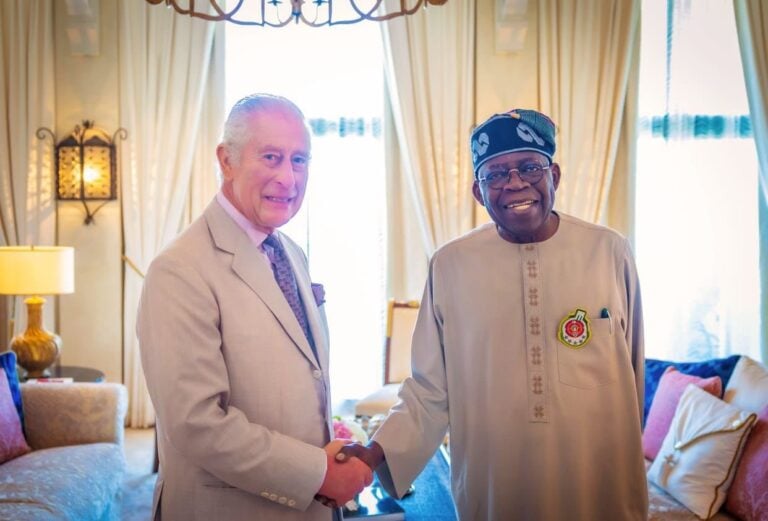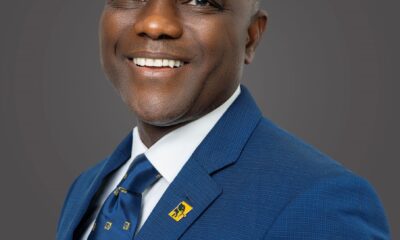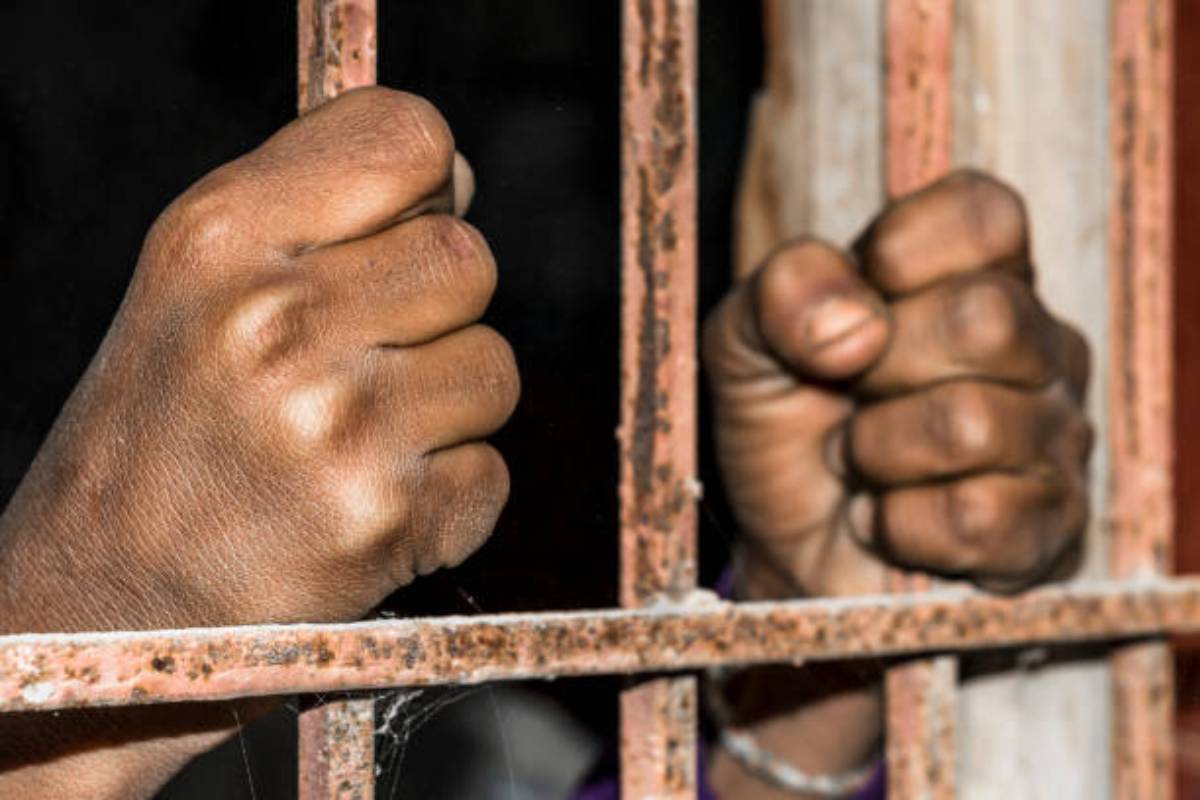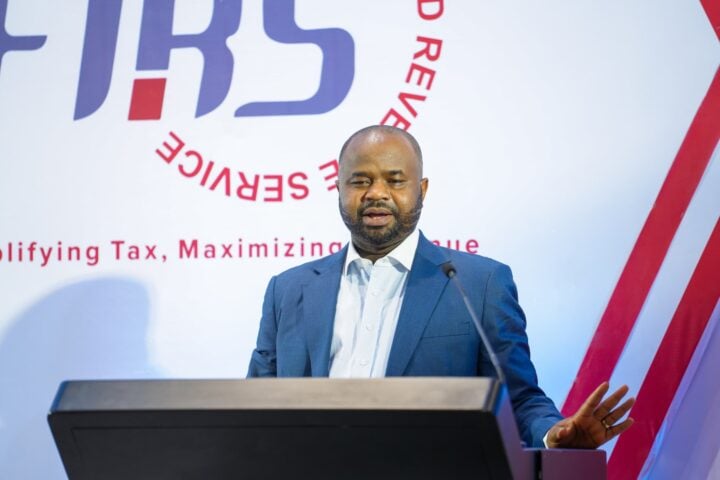The Central Bank of Nigeria (CBN) has expressed concern that the continued abuse of naira notes is significantly increasing the cost of printing and replacing the national currency.
This concern was raised during the launch of a nationwide awareness campaign on proper handling of the naira, which took place in Abuja on Wednesday.
At the event, CBN Deputy Governor in charge of Operations, Dr Bala Bello, was represented by Dr Adedeji Adetona, Director of the Currency Operations and Branch Management Department. Delivering Bello’s address, Adetona noted that the naira symbolises national identity and unity. He condemned practices such as folding, tearing, spraying, writing on, and mutilating banknotes, stressing that these acts are not only disrespectful but also costly.
Bello warned that failure to address the poor handling of currency would continue to result in financial losses and reduced efficiency in daily transactions. He added that the credibility of the naira as a national symbol would be further undermined if such behaviours persist.
The sensitisation campaign, titled “Naira Our Pride: Handle with Care”, seeks to foster behavioural change and promote public respect for the currency. Bello emphasised that collective effort is needed for the campaign to succeed, urging collaboration from financial institutions, market associations, transport unions, schools, civil society groups, religious bodies, and the media.
He pointed out that banks must ensure only clean and fit notes are in circulation, while traders and transporters should discourage the rejection or mishandling of naira notes. He also called on citizens to act as custodians of the currency, stating that lasting change requires nationwide cooperation.
As the festive season approaches, Bello advised against hoarding cash, describing it as a practice that restricts access to currency and strains the financial system. He encouraged the use of alternative payment platforms to reduce dependence on physical cash.
He further noted that careful handling of the naira would help prolong the lifespan of the notes, cut maintenance costs, and reinforce the currency’s role as a unifying national emblem.
The CBN said the awareness campaign would be extended to all states and communities in the country to ensure widespread impact.
Speaking earlier, Dr Adedeji Adetona, also represented by Deputy Director Mr Kazeem Olatinwo, stated that the initiative is aimed not only at ensuring clean banknotes but also at boosting public trust in the financial system and promoting national pride.
He assured that the CBN has made adequate arrangements to meet cash demands during the upcoming festive period, but reiterated the need for proper handling to maintain currency quality.
Also addressing attendees, Acting Director of Corporate Communications at the CBN, Hakama Sidi-Ali, reminded citizens that the issuance and maintenance of clean naira notes are among the bank’s statutory responsibilities under Sections 17 to 19 of the CBN Act, 2007.
She called on the public to support the central bank’s efforts, noting that safeguarding the integrity of the naira requires active participation from all Nigerians. Sidi-Ali also highlighted the CBN’s commitment to strengthening the payment system while protecting consumer rights and urged the public to adopt digital payment alternatives to ease pressure on cash circulation.
Data previously published by The PUNCH in May 2025 revealed that the CBN spent ₦315.18 billion on currency-related expenses in 2024, a 306% increase from the ₦77.67 billion spent in 2023. These costs include printing, processing, distribution, and disposal of currency.
The sharp rise in expenditure is believed to be linked to the large-scale printing of new notes, the logistics of nationwide distribution, and the destruction of damaged currency.

 BIG STORY3 days ago
BIG STORY3 days ago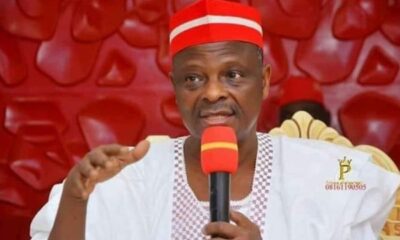
 BIG STORY4 days ago
BIG STORY4 days ago
 BIG STORY15 hours ago
BIG STORY15 hours ago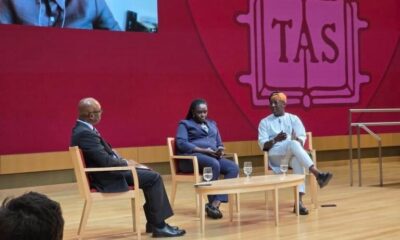
 BIG STORY3 days ago
BIG STORY3 days ago
 BIG STORY3 days ago
BIG STORY3 days ago
 BIG STORY3 days ago
BIG STORY3 days ago
 BIG STORY1 day ago
BIG STORY1 day ago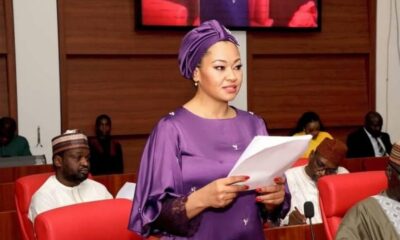
 BIG STORY11 hours ago
BIG STORY11 hours ago




